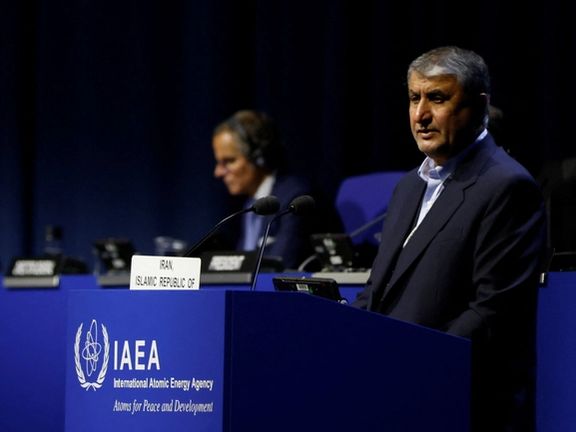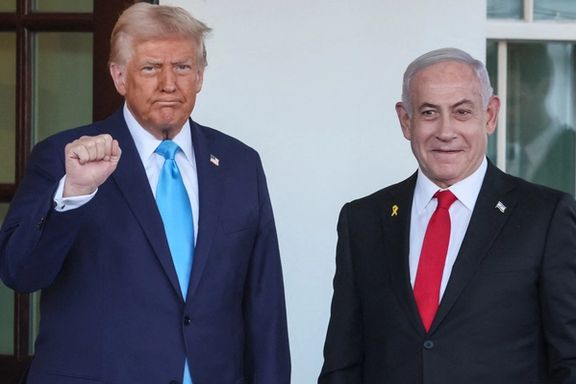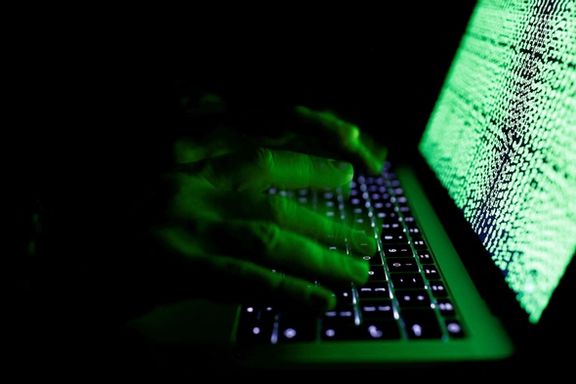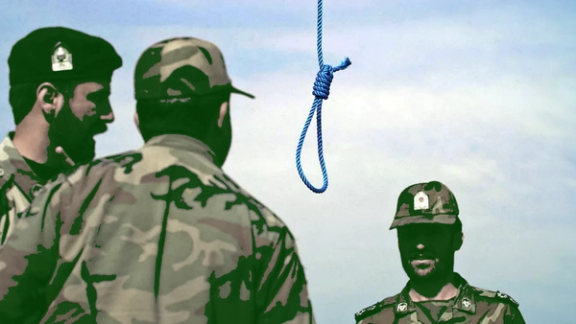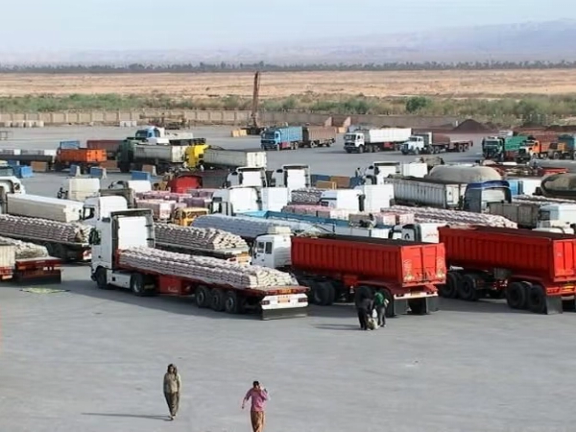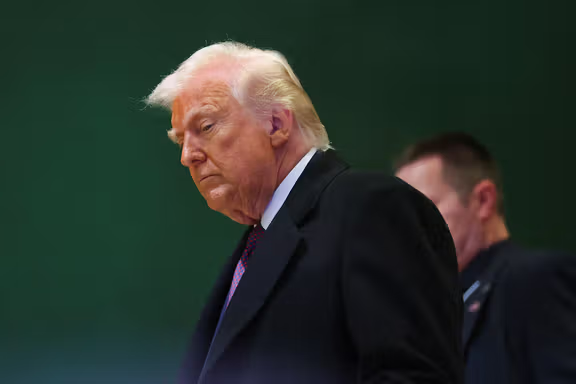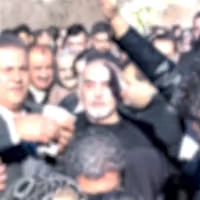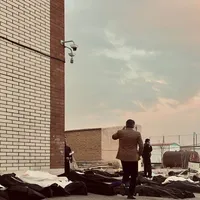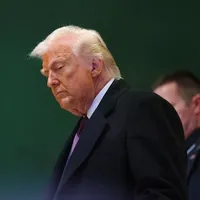Nuclear chief Mohammad Eslami told reporters in Tehran that inspectors from the United States — currently excluded due to what Tehran views as hostile policies — could be allowed access to Iranian nuclear sites under the auspices of the UN nuclear watchdog, the International Atomic Energy Agency (IAEA), if a deal is finalized.
“It is normal that inspectors from hostile countries are not allowed, but if a nuclear deal is reached, we might allow American inspectors working for the International Atomic Energy Agency to visit our nuclear sites,” Eslami said.
The remarks come as Iran and the United States are expected to enter a sixth round of talks aimed at reviving diplomacy over Tehran’s nuclear program. US President Donald Trump, who withdrew from the 2015 nuclear agreement during his first term, said earlier this month that he expects “good news” from the negotiations.
Enrichment still a red line
Eslami said that uranium enrichment remains a red line for Tehran, speaking of its significance to the country’s nuclear infrastructure.
“Enrichment is the foundation and pillar of the country's nuclear industry,” he said, comparing Western proposals to allowing a country access to a power grid while denying it the ability to generate electricity.
Daily electricity consumption in Iran can vary, with peaks reaching over 72,000 megawatt (MW), exceeding the actual power generation capacity of 60,000 MW during the summer. The capacity of Bushehr nuclear power plant, Iran’s biggest, is currently 1,000MW.
Western powers, led by Washington, have demanded Iran halt uranium enrichment over fears it could lead to nuclear weapons development. Tehran says its program is purely civilian and that it has no plans to build a nuclear bomb.
Iran’s nuclear chief also expressed hopes for what he called greater professionalism from the IAEA and urged the agency to resist outside political pressures, particularly from what he described as “Zionist influence.”
IAEA deputy director allowed to visit sites
He said IAEA Deputy Director General Massimo Aparo is currently in Tehran to inspect two remaining sites as part of an earlier agreement signed in March 2023.
“We hope the agency will act professionally and reduce the influence of the Zionist current,” Eslami said, adding that Iran is fully transparent and operates under full IAEA oversight.
No official proposal on consortium
Addressing reports of a potential nuclear fuel enrichment consortium involving Persian Gulf states, Eslami said Iran has not yet received an official proposal on the matter.
“Our position is legal and based on our rights. Enrichment is the essence of our nuclear industry. We are committed not to pursue nuclear weapons,” he said.
Eslami also dismissed recent allegations from opposition groups and Israeli intelligence about secret nuclear activities, calling them recycled accusations aimed at undermining Iran’s nuclear program.
“Such claims have always been made, but they are baseless. Whenever inspections occur, the truth emerges,” he said.
Oversight of Iran's nuclear facilities has been increasingly challenging for the IAEA. In 2022, Iran removed IAEA cameras and in September 2023, Iran banned a third of the IAEA's inspectors.
